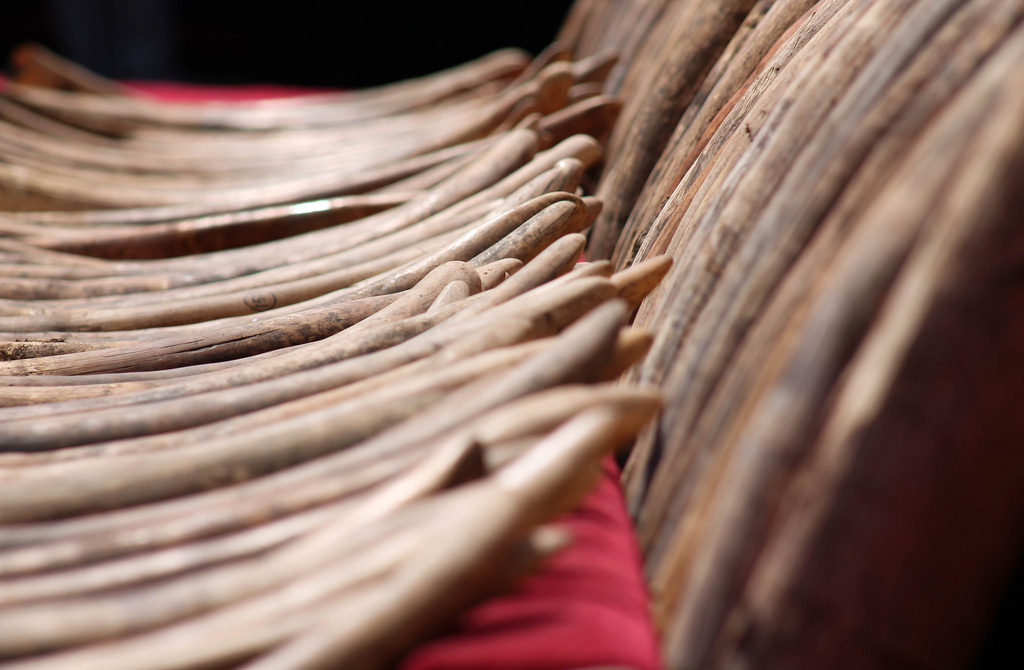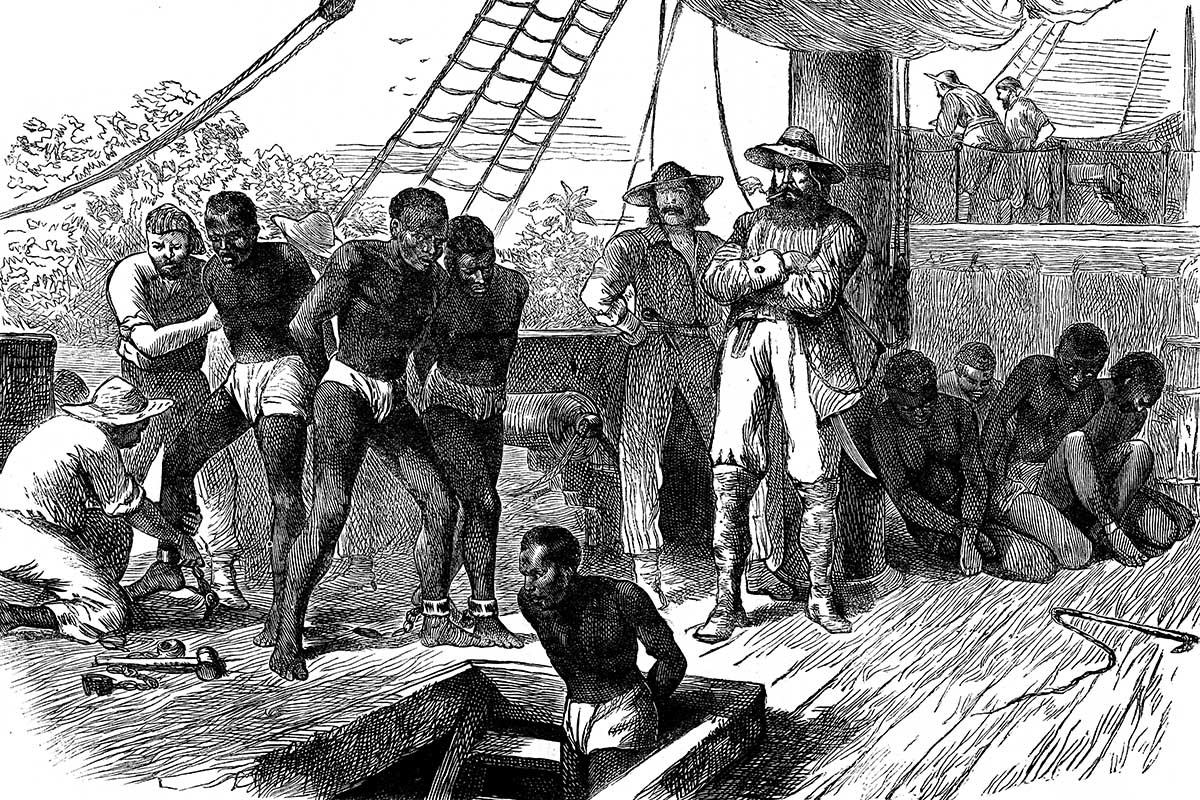“Kenya burns ivory to defy poachers”
May 7th, 2016 Years of fighting poachers and the illegal ivory trade took a very public turn, writes Brian Dan Migowe, 25, a Commonwealth Correspondent from Kenya, with a bold government move.
Years of fighting poachers and the illegal ivory trade took a very public turn, writes Brian Dan Migowe, 25, a Commonwealth Correspondent from Kenya, with a bold government move.
When you have a trove of elephant tusks lying in a warehouse somewhere, what do you do with it?
According to the Kenyan president, you burn it.
So correct is this statement that President Uhuru Kenyatta, together with his two counterparts from Gabon and Uganda, witnessed the burning of over $100 million worth ivory in Nairobi.
“Many of these tusks belonged to elephants which were wantonly slaughtered by criminals. We want future generations of Kenyans, Africans and the entire world to experience the majesty and beauty of these magnificent beasts. Poachers and their enablers will not have the last word,” Kenyatta said before setting ablaze a tall pile of elephant tusks doused with petrol.
The last day of April, 2016 ,was humbling, embarrassing and saddening at the same time. Humbling for no matter the value of the ivory in the street market, a statement was made that it’s not worth any value if it’s not on the animal itself.
It is also embarrassing, for it is partly the insufficiency in the fight against poaching and the loopholes in coordinating activities in fighting this illegal trade that has resulted in the increased poaching activities in our game parks and game reserves. At the same time it is saddening, for each and every tusk displayed represented an animal that met its untimely death at the hands of ruthless killers.
This is clearly the defiant message that should have been passed on to the poachers before they gained better control of this illegal trade in Kenya. As a Kenyan citizen and as an environmental advocate, I feel that no one should be involved in the ivory trade, for to take part in this trade is to destroy and to kill the elephants of our world. It is the death of our elephants that destroys our natural heritage.
In the past few years, heavily armed poachers using military tactics have wiped out tens of thousands of elephants across Africa. Many of the tusks enter an underground pipeline to Asia, especially China, where ivory is used to make eye glass frames, combs, statuettes and other trinkets.
It is a statement that needs to be made: that the elephant tusk is worthless unless it is on the elephant. For the first time in days since 1989, a pale blue sky of ivory-burning smoke stretched over Nairobi National Park. Kenya has shown its steps to the rest of the world, which should be an indication to the rest of the African countries in particular to come forth and denounce the illegal trade in ivory, not only on paper but also through their actions in protection of this endangered species of animal. Ivory has been a long-traded commodity that has led to the endangerment of the species, resulting in restrictions and bans.
In 1979, the African elephant population was estimated to be around 1.3 million in the 37 range states, but by 1989 only 600,000 remained. Although many ivory traders repeatedly claimed that the problem was habitat loss, it became increasingly clear that the threat was primarily the international ivory trade.
Throughout the decade, 75,000 African elephants were killed for the ivory trade, annually worth around 1 billion dollars. About 80 per cent of this was estimated to come from illegally killed elephants. If these estimates are anything to go by, a stop to this illegal trade has to be made. It involves tough trade actions, with economic down surge in some of the countries where the ivory trade takes place, but it has stop. In the past, countries have suggested absurd ideas such as sustainable poaching, a coined word to facilitate this illegal trade with arguments of economic importance attached to it, forgetting that the same revenue can be earned without killing the animals.
Kenya, for instance, relies on tourism as one of its major foreign income earners. Steps and legislative measures have been put in place over the recent years with the ratification of CITES (Convention on International Trade in Endangered Species of Wild Fauna and Flora) for a global coalition on the fight of this illegal trade.
However, a lot still needs to be done with respect to the enforceability and repulsive actions towards this activity. China recently imposed a one-year ban on ivory imports, amid criticism that its citizens’ huge appetite for ivory threatens the existence of Africa’s elephants. It is with these progressive steps that help will come to save our elephants and rhinos.
photo credit: IMG_9285 via photopin (license)
………………………………………………………………………………………………………
About me: I am a law student with a passion for writing and youth advocacy. I observe people, nature, the environment and daily life and am enthusiastic about sharing them on pen and paper.
I am an open-minded individual who acknowledges the diversity of the world’s population. Sometimes I am awed by how life plays out, but in writing I make the story as I want it. My hobbies are swimming and indoor games.
…………………………………………………………………………………………………………………
Opinions expressed in this article are those of the author and do not necessarily represent the views of the Commonwealth Youth Programme. Articles are published in a spirit of dialogue, respect and understanding. If you disagree, why not submit a response?
To learn more about becoming a Commonwealth Correspondent please visit: http://www.yourcommonwealth.org/submit-articles/commonwealthcorrespondents/
…………………………………………………………………………………………………………………




